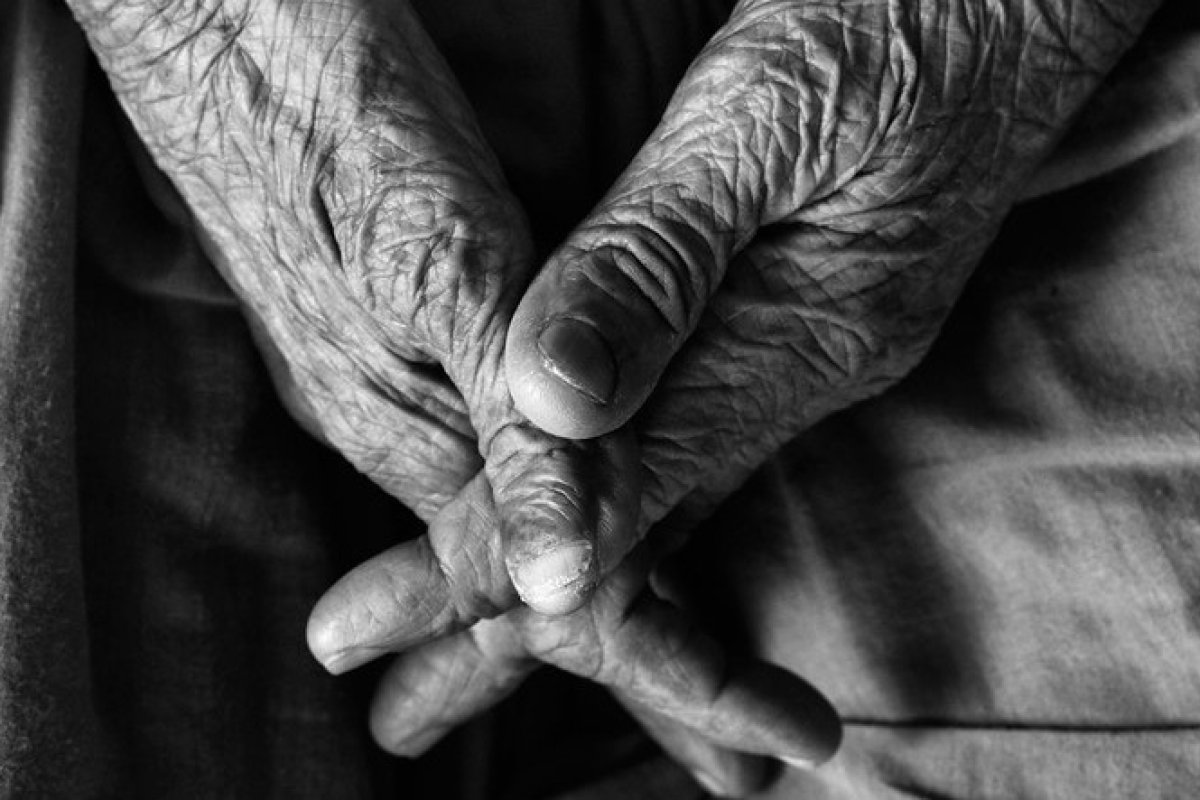
Blessings, History, and Pandemic Vulnerabilities
What happens when a nation fails to reckon with its own human frailty
The President of the United States recently said that it was a “blessing from God” that he caught Covid-19. Numerous outlets have reported on this statement, many appalled. How could anyone call a disease that has killed over 210,000 Americans a “blessing”?
I have studied sickness, narrative, and providential belief for years. When I heard Trump’s statement, the passage that echoed in my head was: “It was good for me to be afflicted” (Psalm 119: 71). The idea that God sends suffering to teach humanity a lesson—a lesson for which to be grateful—has a long history, and it is one that continues to echo today with sayings like “everything happens for a reason.”
To see God’s blessing—God’s guidance—in sickness can be tremendously appealing. For early American Christians, sickness was an opportunity to look back on their life as “a history,” as one Lutheran Pietist minister described. They needed to reflect and repent, but also to imagine ahead to the ending: what might their current suffering and repentance mean for the larger story of their life, their faith, and their salvation? Sickness was a bodily experience, a reminder of the inescapable condition of human mortality. It also invited those who suffered to think beyond, to hope that it all might mean something.
While it’s right to be cautious about the meaning and metaphors we apply to disease, telling the story of our sickness is inevitable. And it’s important. While we don’t need to see our current pandemic as a blessing from God, we can nonetheless recognize what we have learned and move forward with new attention to our failings and new care for our vulnerable.
To be clear, I don’t think this is the work Donald Trump was doing when he called Covid-19 a blessing.
When viewed in its entirety, Trump’s video presents a more complex picture than that simple phrase suggests. Trump is not really talking about God’s providential guidance. He is, however, talking about healing and immortality, and with the gusto of a traveling medicine salesman. Trump described an elixir, Regeneron, whose salvific potential was made manifest in his own bodily experience of healing. He emerged from coronavirus in “perfect” form, feeling “better” than he did “20 years ago,” he touted. He was, in a sense, regenerated. And he was ready to spread the good news.
Trump’s claims about Regeneron—along with his statements on vaccines and other supposed preventive measures, like Clorox and hydroxychloroquine—remind me of the long history of Christian ministers and medical practitioners who have sought to work around medical and pharmaceutical establishments by appealing to direct experience and the importance of making medicine widely available, claiming God’s providential guidance. As Trump complains about slow bureaucracy and red tape, I think of the Methodist John Wesley, who criticized pharmaceutical prices and the inaccessible language of academic medicine. Wesley published his own medical manual as part of his missionary endeavors. As Trump describes his miraculous cure, I think about modern-day Pentecostal and charismatic preachers, who promise transformative healing to those who are faithful, positive, and—often—generous with their tithes.
Trump’s words and their appeal undoubtedly build from this tradition of democratic and providential healing. But they are also the words of a man fixated on youthfulness, the product of a larger culture obsessed with youth and all its perceived accoutrements: health, independence, strength, consumer choice, and virility. Reflection—an essential part of the providential claim—is missing from Trump’s story, but we can nonetheless use it to pause and think about our past failures (or, if you will, repent of our collective sins).
As distracting as the President’s current behavior is, it’s worth dwelling on our larger cultural obsession with youth and what it has meant for this pandemic. And, perhaps, if we consider the language of miracle cures and dreams of immortality, we can stop to reckon what this sickness means for our “history.”
The coronavirus has forced unflagging attention to our oldest and most vulnerable neighbors. It has raised disturbing religious and ethical questions: How do we weigh the danger of exposing an older person—through visits, worship, etc.—against the harm they experience in isolation and lonesomeness? In discussing more stringent lockdown measures, how do we weigh the benefit to our most vulnerable populations, including the elderly, against the risk to our economy?
Old age comes with vulnerability. Trump, schooled in positive thought, has little time for either. I would wager that many Americans feel the same way. We are in an era when people are promised long, healthful lives. But Covid-19 has lifted the curtain on deep-rooted vulnerabilities within our economy, politics, and healthcare system, and the corresponding discrepant experiences of our diverse and aging bodies.
The President’s diagnosis brought renewed attention to the issue of aging and Covid-19. A recent New York Times article asked “How to Cover a Sick Old Man?” At the Vice Presidential debate, the candidates were asked about their elderly running mates, their transparency about their health, and how they might handle a potential “presidential disability.” Neither candidate answered this question; neither was willing to acknowledge human frailty. It’s not politically expedient to discuss aging, disability, or human vulnerability.
Talking about vulnerability is hard, but Covid-19 is asking us to do it. In the New York Times piece, John Bresnahan spoke of how challenging it is to write about aging, health, and dementia: “Reporters are human beings and we cover these people…You have respect for who the person was. It’s difficult.”
Bresnahan reminds us that we’re all human. He calls us to sympathy. But his use of the past tense is revealing. We cannot limit our respect to who the person was; we must, as the anthropologist Janelle Taylor has argued, also recognize the person who is, in all their vulnerability.
If we as a nation had truly seen the lives of the elderly and the vulnerable, from the start of the pandemic, and if we had valued them beyond our obsession with youthful independence, autonomy, and consumerism, we might have found our way to a different body count.
For now, at least, that’s the history I want to see, reflect on, and change.
Photo: "The Beauty of Old Age," by Vinoth Chandar.
Sightings is edited by Daniel Owings, a PhD Candidate in Theology at the Divinity School. Sign up here to receive Sightings via email. You can also follow us on Facebook and Twitter. The views and opinions expressed in this article are those of the author and do not necessarily reflect the position of the Marty Center or its editor.


